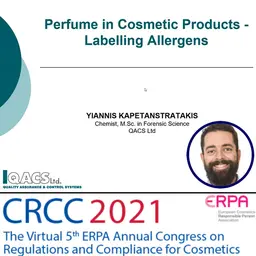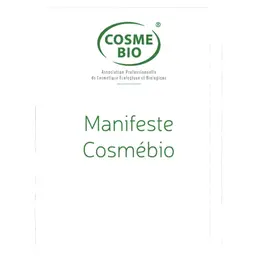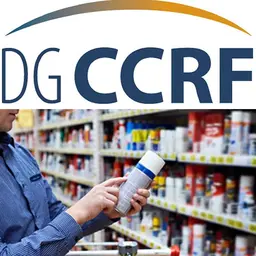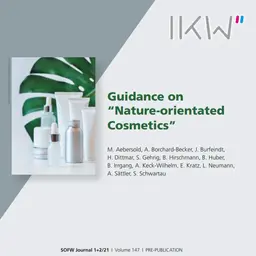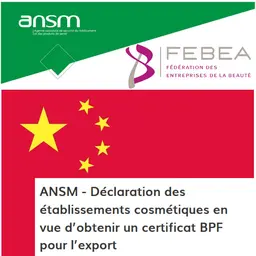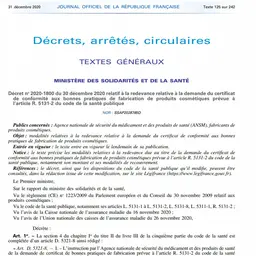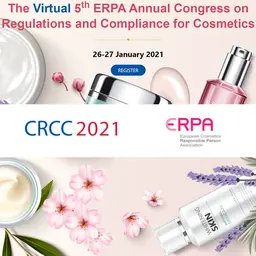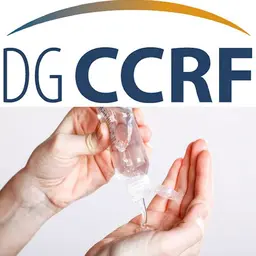
In a very competitive market where innovation is a way to stand out, the cosmetics industry is constantly seeking new actives. And this can involve cutting-edge extraction processes and new solvents, which, from now on, should be ‘green’ – and not too costly, if possible. Several of them were presented at the 27th European Dermocosmetology Days organized by the CED in Lyon, France, in May 2015.
The cosmetics industry already has numerous means available to extract active molecules from plants and obtain actives. Aromatic hydrocarbons or halocarbons, alkanes, ethers and glycol ethers, ketones, acetates, or alcohol: they are well-known and widely used… but not necessarily always ideal. Some even present major drawbacks, like alcohol (inflammable and drying), glycols (rejected by some consumers), or even water, which raises issues as regards microbiological preservation.
As a matter of fact, as Virginie Charton of Gattefossé emphasized, today a plant extract must meet many requirements to fulfil market demand: the Nagoya protocol, green extraction processes, agro-sourced solvents, efficacy and safety, preservation and compatibility with organic charters… and of course, all this must remain affordable.
So, what solutions should be chosen, and for what types of extracts?
Supercritical CO₂
This is probably the ‘oldest’ of the new extraction processes. Which does not mean it does not present numerous advantages: Karima Benaissi, Technical Manager at Innovation Fluides Supercritiques, gave some more details.
The supercritical principle
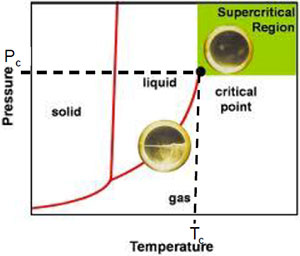 Here is a little reminder: a material can materialize in three physical states, solid, liquid, or gaseous. These states vary in particular as a function of pressure and temperature. The supercritical region is above the critical point …
Here is a little reminder: a material can materialize in three physical states, solid, liquid, or gaseous. These states vary in particular as a function of pressure and temperature. The supercritical region is above the critical point …




